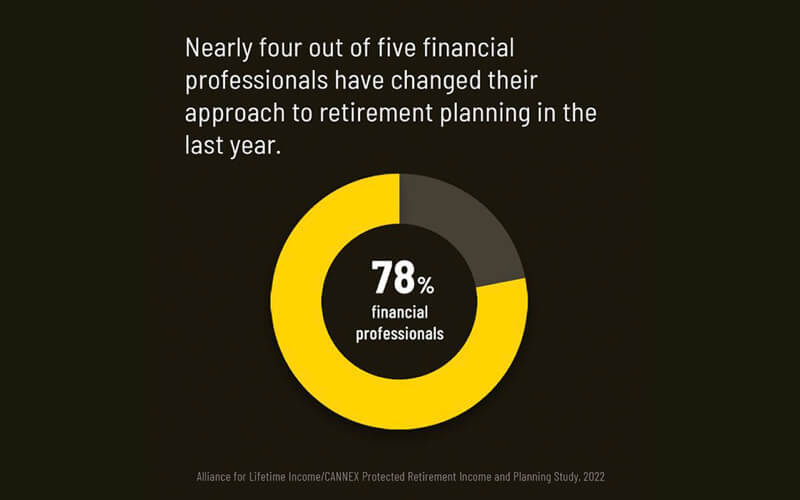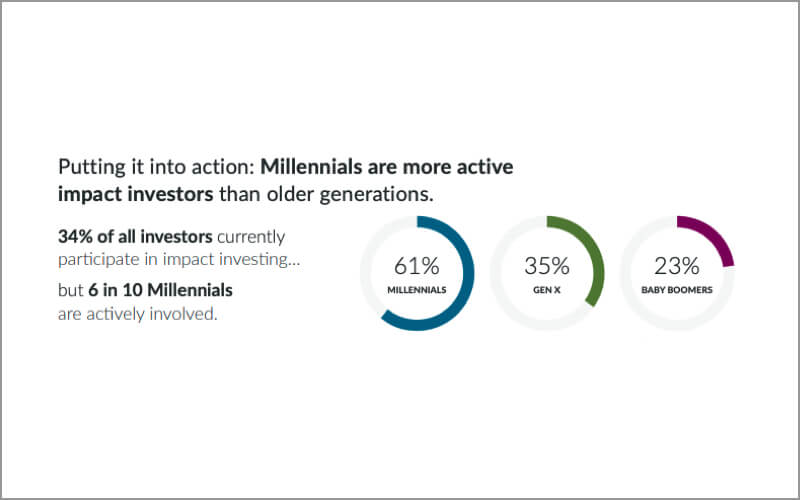This post, an interview with Artemis partner Anne Aldrich, was originally published on ProtectedIncome.org and has been reposted here with permission.
“I’ve been conducting research on retirement for years,” says Anne Aldrich, partner at Artemis Strategy Group, a Washington, D.C.–based marketing research firm specializing in financial services. “It’s a complicated subject, and planning for retirement is not easy. When we ask people what they look forward to in retirement, it’s enjoying family and friends and enjoying their lives. So figuring out how your expenses will be paid is a big thing.”
Aldrich spearheaded a marketing research effort in January and February of 2020 on behalf of the Alliance for Lifetime Income — a nonprofit consumer education organization whose mission is to help Americans understand the need for protected lifetime income from an annuity when planning for retirement. The survey targeted 1,015 Americans nationwide between the ages of 40 and 79 — people who are either thinking about retirement or are already retired.
A retirement planning concept that “people really get”
“We really wanted a fresh look at how people think about and plan for expenses in retirement. And one of the things we found interesting was this whole idea of Check off the Basics,” Aldrich continues. “It helps people think clearly and candidly in assessing their expenses in retirement. We think it’s intuitive, and people really get it.”
Americans planning for retirement are often left wondering where to start, what they’ll need and how to budget in the midst of so many unknowns. The Check off the Basics approach focuses on finding ways to cover your essential expenses – things like a mortgage, utilities, groceries and transportation – with protected lifetime income.
The research led by Aldrich on behalf of the Alliance found that those approaching or in retirement consider on average 62% of their expenses to be essential. Housing (mortgage, rent, taxes, condo fees, etc.), utilities and groceries were the most frequently named essential expenses. Healthcare, car and cell/landline/internet costs made up the next tier.
Surprisingly, less than a third of those surveyed are very confident they can cover their essential expenses throughout the remainder of their retirement, and only a quarter are very confident they can cover all their expenses.
Protected income is key to a confident retirement
“That only 29% were very confident that they could cover those essential expenses means that a lot of people are wary. They’re saying, ‘I need to create more confidence here,’” Aldrich explains.
“Now, the 29% is among everyone we surveyed,” Aldrich continues. “But if you look at those respondents who have either a pension or an annuity — known as protected lifetime income — 41% say they feel very confident. In contrast, among the people who do not have either a pension or an annuity, only 21% feel very confident. So people are twice as likely to feel very confident if they have protected income.”
The research also found that having a source of regular, protected monthly income in retirement is important to nearly everyone (97%) and very important to seven in 10 (69%). Among those with protected lifetime income, 68% say they have money left over each month after paying their monthly expenses versus 49% of those without protected lifetime income.
Discretionary spending is essential to the quality of life in retirement
Nearly all respondents felt that it’s important to their overall quality of life to be able to afford their top nonessential expenses, such as travel, hobbies and entertainment, according to the research. Those with protected lifetime income were much more likely to be very confident in their ability to afford the nonessentials they care about the most (58% versus 38% of those without protected lifetime income).
“Once they get their basics covered, people are saying, ‘OK, I’ve got my essential needs covered, but my wants are really important to me.’ And those wants — we have found in our research — help give people energy and purpose,” Aldrich explains. “Not surprisingly, nonessential expenses are really important to [retirees’] quality of life. There’s entertainment, hobbies, gardening, travel and the other things that give people pleasure.”
An approach to retirement planning that “everyone can take”
Data from the survey led by Aldrich, as well as other retirement research that Artemis Strategy Group conducted on behalf of the Alliance, spotlights the highly personal challenges posed by retirement income planning and how individual needs are different. The survey results underscore the need for a simple, easy and personal approach to getting started on a retirement income plan.
“When people think about retirement, they often get a little overwhelmed on the financial front because there are so many decisions to be made,” Aldrich observes. “The Check off the Basics concept simplifies the process. It puts it into easy steps that everyone can take.”
Aldrich advocates that people use the concept at the beginning of their retirement planning, but that they also consult a financial advisor. “I think — and we’ve been seeing in our research on retirement for years — when people actually sit down and plan things with an advisor, they feel much more confident about where they’re going to go in retirement,” Aldrich says. “They feel in control when they know they can cover the basics.”



